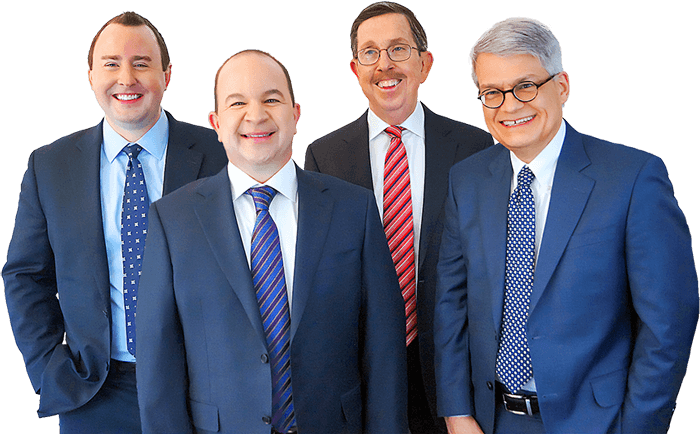Your Rights After Being Harmed by a Surgical Error
Mistakes made during surgery are one of the most frequent causes of medical malpractice lawsuits in Connecticut and throughout the nation. From the presurgery preparations, during surgery and through the post-surgical care and follow up, there are many points where life-altering mistakes can be made.
If you or a loved one has suffered harm as a result of a surgical error, it is important to understand your rights. If negligence was the cause of the error, you could be entitled to compensation for medical costs, pain and suffering, lost wages and other damages. An experienced medical malpractice attorney can make sure you understand your options.
Bridgeport Attorneys Representing the Victims of Mistakes During Surgery
At Tremont Sheldon P.C., we combine the resources and knowledge necessary to succeed in surgical malpractice cases with a commitment to personal service that is second to none. We are not the largest personal injury firm in the region, but we have built an impressive track record of results without sacrificing the attentive representation our clients deserve.
We have achieved millions of dollars in verdicts and settlements and are strong advocates for malpractice victims. Examples of surgical errors that could result in medical malpractice claims are:
- Operating on the wrong arm or leg
- Amputating the wrong limb
- Leaving clamps, sponges and other instruments in the body
- Failure to monitor patient for signs of distress during surgery
- Inadequate monitoring and care post-surgery
No matter how advanced surgical techniques become and how extensive the training for surgeons, negligence and carelessness can result in mistakes that threaten the lives of patients who rely on surgeons and nurses for their care.
As many surgical procedures are conducted in outpatient surgery centers rather than hospitals, we have seen an increase in surgical error cases. Outpatient surgery centers often lack the staffing resources of a large hospital and have not built a time-tested set of procedures for avoiding some of the most common surgical mistakes.
We Are Here to Help You
No matter where you were harmed by a surgical error, we can help you maximize your recovery and put your life back together. Call 203-212-9075 or contact us online for a free consultation with a Connecticut surgical error lawyer.

